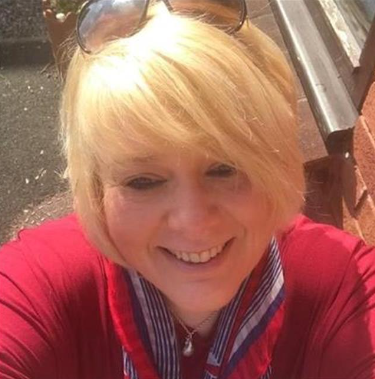A Journey of Growth: Mentorship, a Rainy Minibus Ride, and Discovering UDL

Have you ever had a season in your career where you have lost your motivation, and your mindset is locked in a place where you are struggling to see the possibilities? As an experienced practitioner, this is how Michelle describes her position in 2016. She was struggling to see where she could take her teaching practice and for the first time, she thought maybe it was time to walk away from the profession. This blog gives a fascinating insight into her story.
I had always struggled through school – it was odd my mind was full of creative possibilities, yet I struggled with putting it down on paper. It was only when I was working in my first institute of higher education that a staff screening highlighted that I was dyslexic. This revelation ignited a passion for me to continue teach but with the insight that my own struggle gave me.
Fast forward to 2016. Despite my own mindset, I had a mentor at this time who recognised my struggle and suggested that I might like to join her and other colleagues from the University of Worcester and take a trip to De Montfort university. So, on a very wet morning I climbed on to a mini- bus and, unbeknown to me, I was starting my journey into the world of Universal Design for Learning (UDL).
Whilst at De Monfort and listening to Professor Abigail Moriarty, I was introduced to the principles of UDL and how this could have a meaningful application within a Higher Education Institute. Suddenly, there was a eureka moment I could feel a lifting of the frustration and confusion. Could UDL provide the sense, practical solutions and passion that was missing from my practice? Suddenly my brain was exploding with the possibilities, big picture applications for my practice, I had a hunger to know more. This is one of the super- powers of the dyslexia-creativity and big pictures! For me the one principle that resonated with me was multiple means of representation. If only my teachers had known this, it would have brought both meaning and access to the content of many of my lessons. Suddenly, there was a realisation that this was the experience of many of my students that I was teaching.
At this time the degree programme that I was working upon was due for re-validation so applying and having UDL as a design principle became my mission. Fast forward to 2024 and UDL is at the heart of the design of the FdA Early years (0-8). UDL has been embraced by the teaching team and at the Power of Potential conference we will share our journey with delegates. So, if you want to know the impact of that rainy minibus ride, join us in our workshop, ‘Disturbing practice- how UDL transformed a community of practice teaching an Early Years Foundation degree’.
Michelle Malomo is a Senior Lecturer in the Department for Children & Families within the School of Education. Michelle currently lecturers on The Foundation Degree in Early Years ( 0-8) ( Professional Practice ) and the top up degree in Integrated Working with Children and Families Michelle is the Partnership Co-ordinator in Foundation Degree in Early Years( 0-8) ( Professional Practice ), working in partnership to support the delivery Higher Education within local colleges. Prior to joining the University, Michelle taught at a Further Education College where she was a Course Leader for the Early Years Foundation degree. Alongside this role she was a learning mentor for new and developing teachers. Michelle also taught at the University of Gloucester for 13 years specialising in Playwork. Michelle is a qualified Early Years and Playwork Practitioner with experience in both the private and voluntary sector. Her experience includes management within the Early Years sector and Youth and children’s development work within the voluntary sector. Michelle has worked in a range of settings and has been responsible for the development of social action projects with children, young people, and families. To read more from Michelle, follow the link to her latest joint publication.